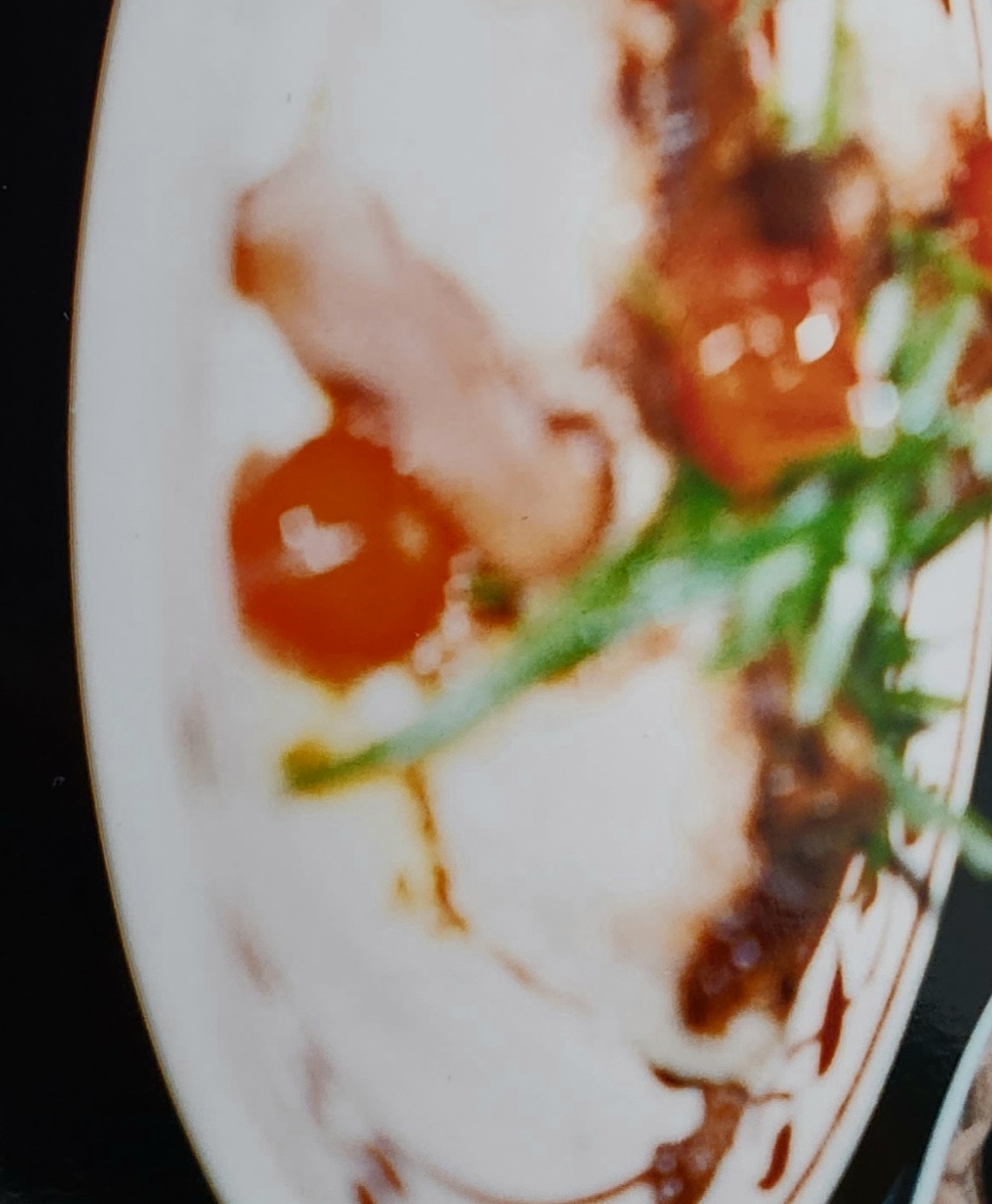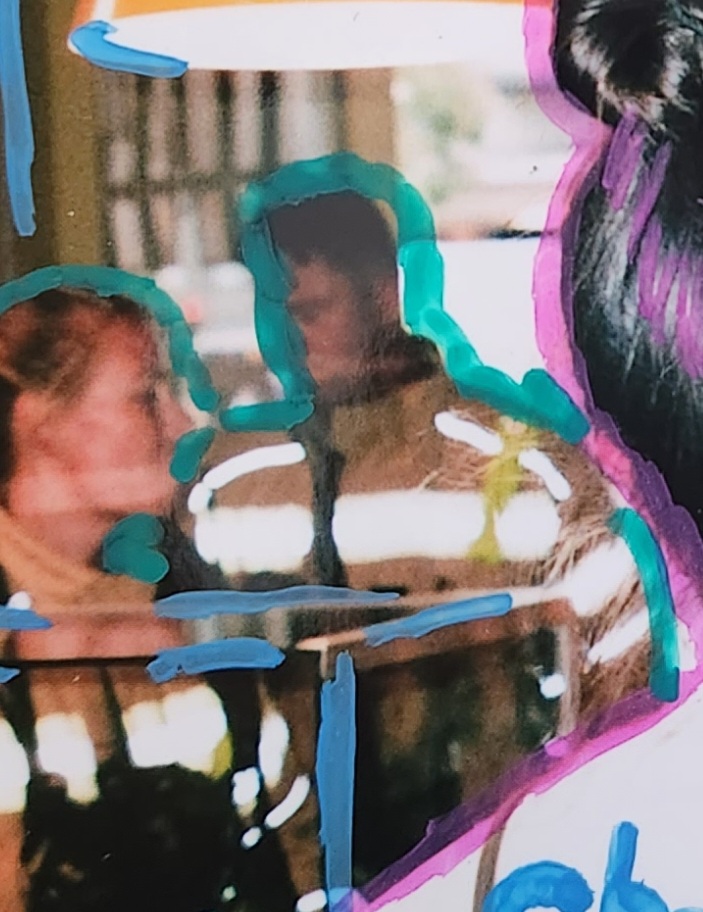A Cook's Agency
Xinyi Lim

I led a kitchen for more than a year. Not a long time by any means, but enough that it feels like the right moment for this—a meditation on what it is to cook, to be a chef. Before I take up another position and become further embedded in the structure and rigour of the industry, such that it becomes impossible to reflect. My present detachment furnishes me with a lens of objectivity and freedom to critique.
I began my first year as a head chef with a charged sense of creativity and agency. I had a desire to express myself through food to all who walked through the doors of the restaurant, armed with an assumption that if I made food with integrity and soul, that spoke honestly of me, I would succeed. In the context of an enterprise that was not my own, however, my aspirations soon became secondary to the appetites of our audience, and that of the business itself. Compelled to tune into the hum of the majority, I gave in to giving people what they wanted. Lowest common denominator cooking, familiar and expected. My agency became diminished, my confidence and creativity faltered. In spite of this, the process was by no means wasted time. It was an exceptional learning experience that left the unexpectedly bittersweet taste of reality in my mouth.
I drift in and out of attachment to the industry I work in. When I find myself falling too far in—growing a reputation as a chef, for example —I begin agitating for distance, and retreat from the characterisation. In truth, I’ve always had a problem with occupational labels. As if by embodying your profession, it takes over and swells until there’s nothing else left of your identity worth mentioning. What you occupy yourself with ends up occupying you. Consider the perennial question often asked almost immediately after social introductions: “What do you do?” As a lawyer more than several years ago, I preferred to reply in vague terms that “I work in law,” deflecting any further inquiry with a dismissive wave. This was more than a reluctance to be associated with what I perceived to be a drab profession. My response was a refusal in the face of capitalism’s tendency to categorise us and rank our worth according to our profession. I do not wish to give myself over to an identity shaped by others. Nowadays, as a chef, I prefer to say simply that, “I cook.” And although this may be somewhat opaque, I choose to describe myself in this way because for me, the act itself is more empowering than any label.
What does it mean “to cook,” versus being “a chef”? The title of “chef” denotes a level of artistry and creative control that is not attributed to a cook. Certainly, the term is used in the industry to describe someone in a commercial kitchen with a higher level of specialised training, experience, responsibility and status. Does this mean greater agency, however, if one is hemmed in by the restaurant’s bottom line, the chase for positive reviews, the pressure to give diners what they want? All the equipment, labour and space at one’s disposal to make and create, yet the need to meet all that is demanded by the business and its clientele. The act of cooking is delegated, and a chef loses control. The end goal is designated, and agency is diminished.
Agency is always qualified. Sometimes you have more of it, sometimes less, but you are always restrained or manipulated by something outside your control. When I cook, agency belongs to me more than not. The label of “chef” falls away when I leave the restaurant, and shed the bells and whistles, expectations and demands of a commercial environment. Released from the strictures of the industry, I cook whatever I want, for whomever I want, whenever I want. I cook for loved ones, for my community and an audience that accepts me, my food and my experiments, unconditionally. I cook in the spirit of inquiry, not just for concept execution, and abide by my own rules.1 I cook freely and creatively, for and as myself.
I cook because it is both an act of labour and liberation. In the process itself, we can be reminded of our sovereignty.

-
Leifheit and Stern. 2015. Artists Rules. ↩︎
Xinyi Lim is currently cooking, writing and consulting out of Eora Country (Sydney, Australia). Through her ongoing venture Megafauna, she explores and experiments with food as an artistic tool for social justice, building community and the exploration of culture and heritage. Find her on Instagram
@megafaunafood.